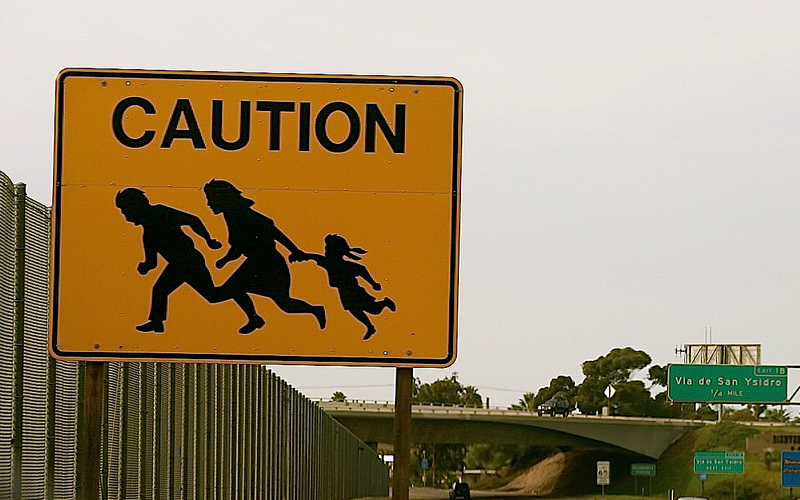The case is 303 Creative v Elenis, a free-speech case from a Colorado-based website designer named Lorie Smith (pictured below). She works in the blue state with a so-called public accommodation law, which means the Christian business woman is expected by law to ignore her personal religious beliefs on behalf of homosexual customers or risk running afoul of state government.
 If that scenario sounds familiar, it’s because Colorado bakery owner Jack Phillips (pictured below) ran afoul of that same state law in 2012, when the Christian business owner refused to design a wedding cake for a same-sex wedding. That refusal kicked off a legal battle that concluded in 2018 with a SCOTUS ruling that said the Colorado Civil Rights Commission had displayed unfair anti-religious bias against Phillips back in 2014.
If that scenario sounds familiar, it’s because Colorado bakery owner Jack Phillips (pictured below) ran afoul of that same state law in 2012, when the Christian business owner refused to design a wedding cake for a same-sex wedding. That refusal kicked off a legal battle that concluded in 2018 with a SCOTUS ruling that said the Colorado Civil Rights Commission had displayed unfair anti-religious bias against Phillips back in 2014.
Despite the potential impact on free speech, that ruling was considered a narrow one that never settled the looming issue of First Amendment rights by a court that had recognized same-sex marriage in 2015. The justices sided with Phillips in a lopsided 7-2 vote.
“The court passed on an opportunity,” The New York Times summarized at the time, “to either bolster the right to same-sex marriage or explain how far the government can go in regulating businesses run on religious principles.”
Jack Warner, an attorney with Alliance Defending Freedom, says Phillips and his First Amendment right to religious freedom deserved to be defended by the court’s justices four years ago.
Alliance Defending Freedom, the law firm representing Phillips, is representing Smith in her legal fight.
 "The Free Exercise violation was so clear in Jack's Supreme Court case,” Warner tells AFN, “that the Supreme Court didn't even need to reach the second question in that case, which involved the free speech question: whether government can compel artists to express messages that go against their deeply held beliefs.”
"The Free Exercise violation was so clear in Jack's Supreme Court case,” Warner tells AFN, “that the Supreme Court didn't even need to reach the second question in that case, which involved the free speech question: whether government can compel artists to express messages that go against their deeply held beliefs.”
At the time, “Bake the cake, bigot!” was a common insult from the Left during Phillips’ legal fight in the courts.
In the case of Smith, she has not generated the same level of left-wing vitriol and media coverage as Phillips. That is largely because, instead of waiting for a homosexual or lesbian customer to drag her to court, she filed suit in 2016 to challenge the Colorado law.
In the Phillips’ case, the justices punted on the far-reaching impact of the First Amendment issue even after other courts had ruled in favor of the law and against Phillips. The high court instead zeroed in on the state body that first punished the Christian business owner, citing statements from some commissioners that exposed anti-religious bias. That bias, the court said, meant Phillips was not given a fair hearing.
 Phillips “was entitled to a neutral decisionmaker who would give full and fair consideration to his religious objection as he sought to assert it in all of the circumstances in which this case was presented, considered, and decided,” Justice Anthony Kennedy, who retired from the bench in 2018, wrote in his opinion.
Phillips “was entitled to a neutral decisionmaker who would give full and fair consideration to his religious objection as he sought to assert it in all of the circumstances in which this case was presented, considered, and decided,” Justice Anthony Kennedy, who retired from the bench in 2018, wrote in his opinion.
In a separate opinion, Justice Clarence Thomas suggested the court was failing to address the key First Amendment issue: A state law was mandating that a Christian businessman ignore his religious beliefs to remain in business. Because the bakery owner designs cakes, Thomas wrote, his “expressive” conduct is protected by the U.S. Constitution, Scotusblog.com reported at the time.
“Because the Court’s decision vindicates Phillips’ right to free exercise” of his religion, Thomas wrote, “it seems that religious liberty has lived to fight another day.”
 Warner predicts the looming question over whether the government can force artists to express messages that go against their beliefs will be answered in Smith's case.
Warner predicts the looming question over whether the government can force artists to express messages that go against their beliefs will be answered in Smith's case.
"And we're very hopeful that the Court will say that the First Amendment protects the rights of people like Lorie and Jack,” he says, “to express only messages that are consistent with their deeply held beliefs."
The Supreme Court's term begins in October. As of July 1, a date had not been set for Smith's case to be heard.







